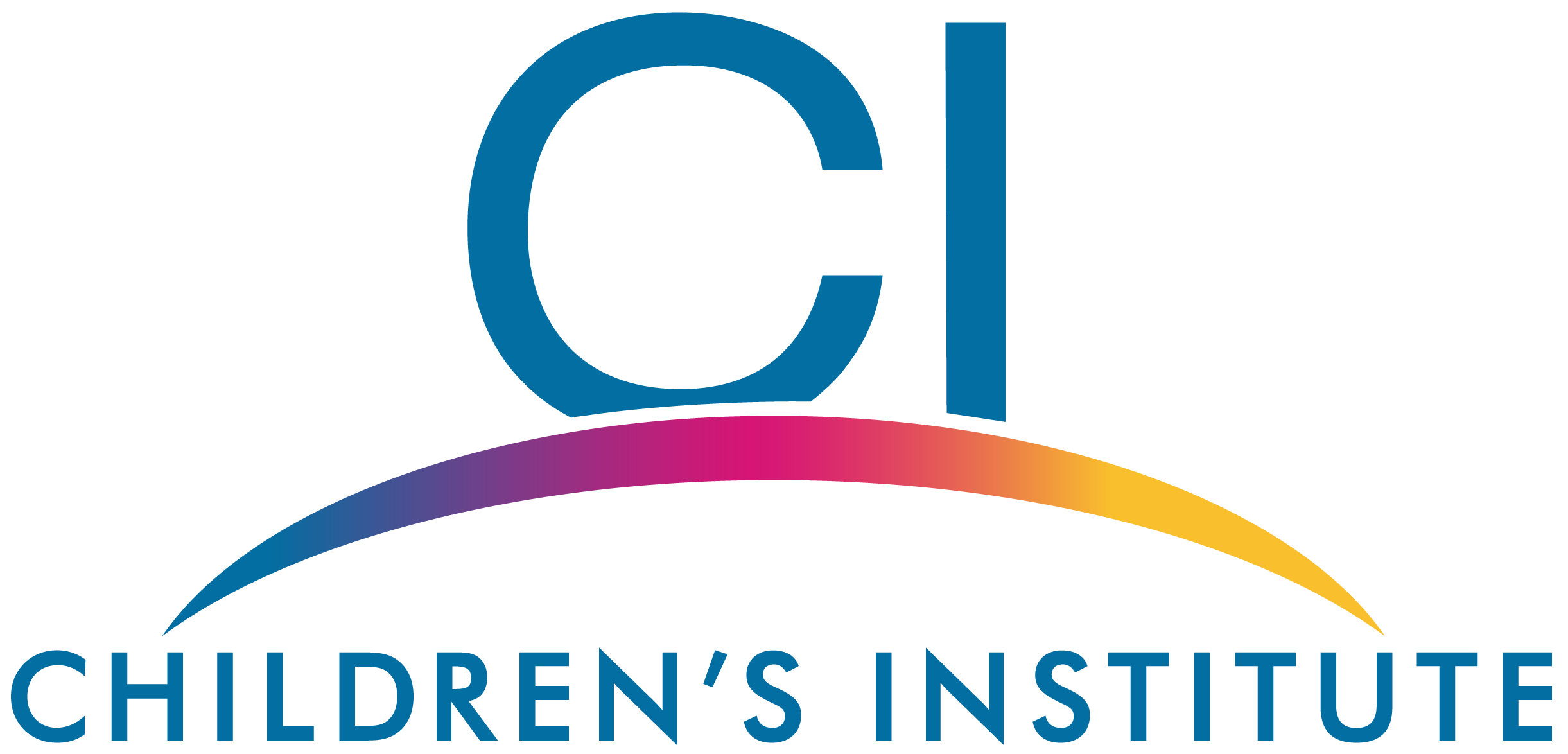The primary objective of Scrubs Club is to introduce young children to the world of healthcare. By participating in various hands-on activities, children learn about the importance of preventive medicine and maintaining a healthy lifestyle.
The Rochester NY community collaborated for over 30 years to develop, implement, improve, and innovate its early education quality improvement system known as Rochester Early Childhood Assessment Partnership (RECAP).
Linda Murray, Rochester Area Parent Program (RAPP)’s Project Coordinator, recently represented Children’s Institute (CI) at the Chicago Parent Program’s (CPP) Futures Symposium. This gathering brought CPP experts, funders, and supporters together to share ideas and efforts to implement and sustain CPP programs like RAPP at local, state, and national levels.
Children’s Institute, in partnership with the Rochester City School District Office of Early Childhood, is pleased to announce the publication of the 27th annual report of the Rochester Early Childhood Assessment Partnership (RECAP).

Parents and caregivers, you are doing an amazing job!
When 2nd grade teacher Danielle Vaccaro at School #15 Children's School of Rochester was asked how she promotes SEL skill development, she proudly shared that the whole school has adopted Learning Habits that align with SEL skills and competencies— which staff explicitly then teach. These “I CARE” learning habits are: Integrity, Cooperation, Accountability, Resiliency, Effort.
As an organization, CI recognizes the critical role that parents and caregivers play in their children’s lives. To ensure we are meeting the needs of the children, families, and communities we serve, we have taken intentional action to incorporate more parent/caregiver voices into the way we operate.
What I keep trying to remember is that, as we navigate the coming months, our children are watching us, looking for signals of how to feel, how to manage stress and anxiety, and how to treat each other. It is time for us to pull out every social emotional skill we have – to put our self-awareness to the test, really examining what we are feeling and how it is affecting our behavior.
